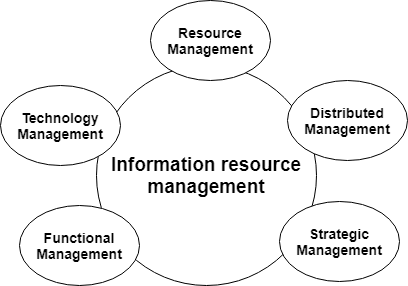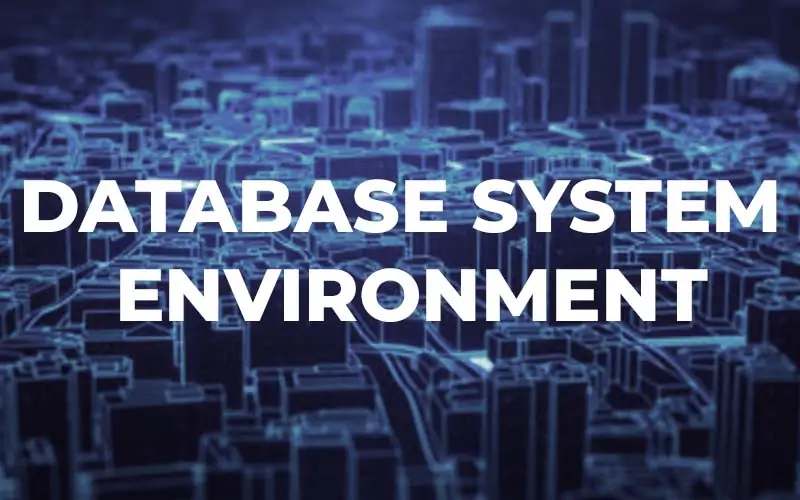What is Information Resource Management?
Information resource management has therefore become a popular way to highlight a major change in the management and mission of the information systems functions in many organizations. Information resource management can be viewed as having five major dimensions:
Resource Management.
It views the data, information, and computer hardware, software, and personnel as valuable resources that should be effectively and efficiently managed for the benefit of the entire organization. If plant and equipment, money and people are considered valuable organizational resources, so should its data, information, and other information system resources.
Technology Management.
Information resource management highlights that all technologies that process and deliver data and information must be managed as an integrated system of organizational resources. Such technologies include telecommunications and office systems, as well as computer-based information processing. These islands of technology are bridged by Information resource management and become a primary responsibility of the executive in charge of all information services, called as the chief information officer of the organization. Thus, the information systems function becomes a business within a business.
Distributed Management.
Information resource management highlights that managing information system resources have become a major responsibility of the management of an organization at all levels, and in all functions. It is not just the responsibility of an organization’s chief information officer.
If you’re a manager, information resource management is one of your responsibilities, whether you are a manager of a company, a department, a work-group or a functional area. The developments such as distributed processing and end user computing, work-group computing, and strategic information systems drive the responsibility for managing information systems out to all of an organizations functional and work-group managers.
Functional Management.
Information source management concept stressed that the management of an organization must apply common managerial functions and techniques to the management of information resources. Managers must use managerial techniques (such as planning models, management by objectives, financial budgets, project management, and functional organization) just as they do with other major resources and activities of the business.
Strategic Management.
Information resource management concept stresses that the information services function in the organization must be more than a provider of computer services. It must also make major contributions to the profitability and strategic objectives of the organization. The information systems function must change from an information services utility to a producer of information products that earn profits for the organization and gives a comparative advantage over its competitors.




